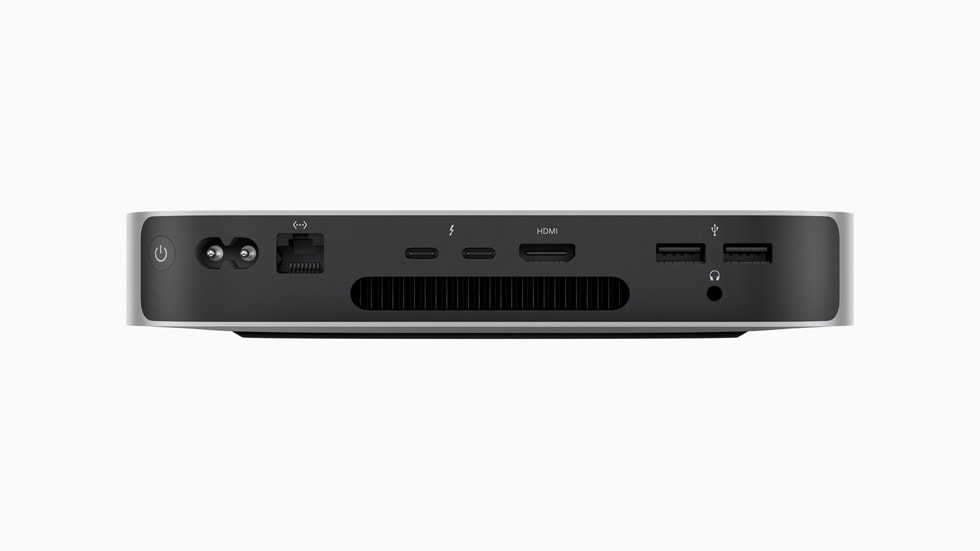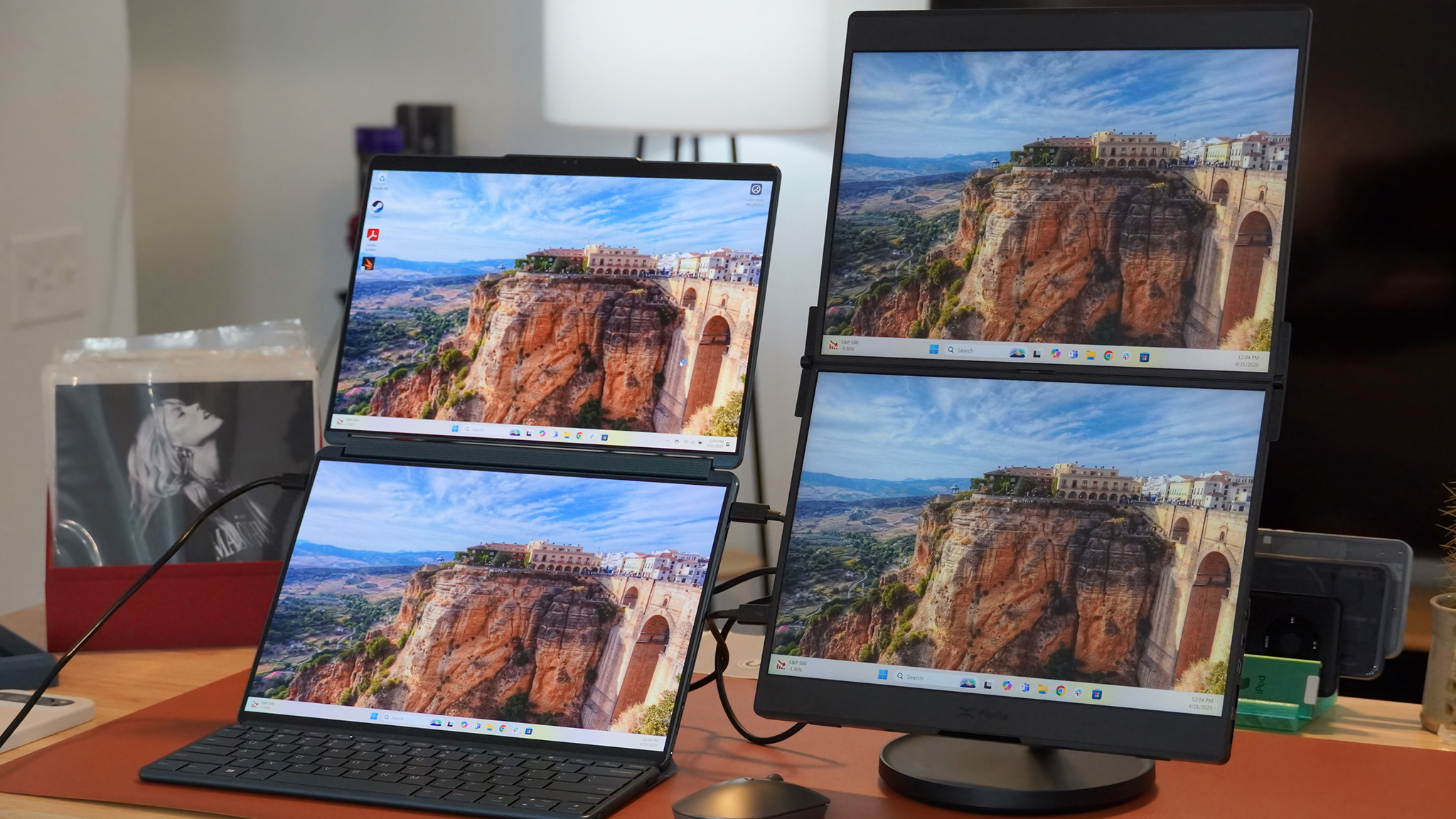The new Mac mini is proof that Google needs to rethink Chromeboxes
Google needs to do more with Chrome OS hardware.

I've always been a fan of mini-PCs for the convenience they offer. They're easy to set up and use, don't take up a lot of room on the desk, and deliver the same level of performance as full-fledged workstations. I used a dozen mini-PCs over the course of the last decade, starting out with Zotac's entry-level ZBox series, then moving to the Magnus EN1070K, and more recently the Geekom Mini IT11 and Mini IT8.
I also used Intel's NUCs along the way, and while I have a large gaming rig that has a GeForce RTX 4080, I'm just as comfortable working on a mini-PC. I did just that for two months in 2022 as the motherboard on my gaming rig decided to not boot, and using the Mini IT11 showed me just how powerful mini-PCs can get for day-to-day use cases like browsing, image and video editing, and even casual gaming.
That's where the Mac mini comes in. I'm a Windows user through and through, and the only macOS device I have is a 2014 MacBook Pro, which I use once a week for annotating screenshots (the software isn't available on Windows). I've been meaning to get a newer macOS device, but I'm wary of notebooks in general, and the new iteration of the Mac mini is ideal for my needs.

The new Mac mini ticks a lot of the right boxes. The small form factor (SFF) is great for use on a desk, it is powered by the Apple M2 silicon and has an insane 100GB/s memory bandwidth, and it comes with all the ports I'm looking for. The best part is that it starts off at just $599, making it a great value for the hardware on offer.
For a work-focused machine, it's hard to fault the Mac mini given what the M2 silicon is able to deliver and the connectivity you're getting. Basically, Apple has a macOS alternative to those looking for an SFF machine for daily use, and with Windows also fielding a lot of exciting options in this category, Google needs to get in on the action.
While Chromebooks dominate classrooms, Google hasn't made much inroads with Chromeboxes — there aren't many choices available if you want latest-gen hardware. You can pick up Chromeboxes by ASUS and Acer that feature Intel's Core i3, i5, and even i7 designs, but they're running 8th Gen and 10th Gen hardware.
Google is doing all the right things with Chrome OS — it now needs to deliver the right hardware.
That's a letdown considering the potential of Chrome OS and how straightforward it is to use. There's no malware to worry about, updates are automatic, and it is a hassle-free alternative that's great for an overwhelming majority of daily use cases.
Be an expert in 5 minutes
Get the latest news from Android Central, your trusted companion in the world of Android
There are still limitations to the platform — not being able to use Microsoft Office or Lightroom — but Chrome OS has come a long way in the last five years, and it is great for a lot of productivity use cases.
A Chromebox with a current-gen Intel Core i5/i7 paired generous memory and storage would be an exciting option to take on the Mac mini and Windows mini-PCs, and we may get to see those options soon enough. The Chromebox CX15 ticks a lot of the right boxes, and while the device is aimed at business use cases, there is a lot of potential for other brands to follow suit.
Because at the end of the day, there is a large addressable userbase for such a machine. Kids that have used Chromebooks for several years in classrooms and are now looking to get a machine of their own would feel right at home with Chrome OS, and the platform is ideally suited for office work.
Mini-PCs are seeing a resurgence, and Google needs to make sure it isn't missing out in this category — particularly at a time when it is doing all the right things with Chrome OS.
Update: An earlier version of this post said that there just just one Chromebox available, and that it had outdated hardware. I clarified the phrasing around that section, and added details on the upcoming CX15.

Harish Jonnalagadda is Android Central's Senior Editor overseeing mobile coverage. In his current role, he leads the site's coverage of Chinese phone brands, networking products, and AV gear. He has been testing phones for over a decade, and has extensive experience in mobile hardware and the global semiconductor industry. Contact him on Twitter at @chunkynerd.
